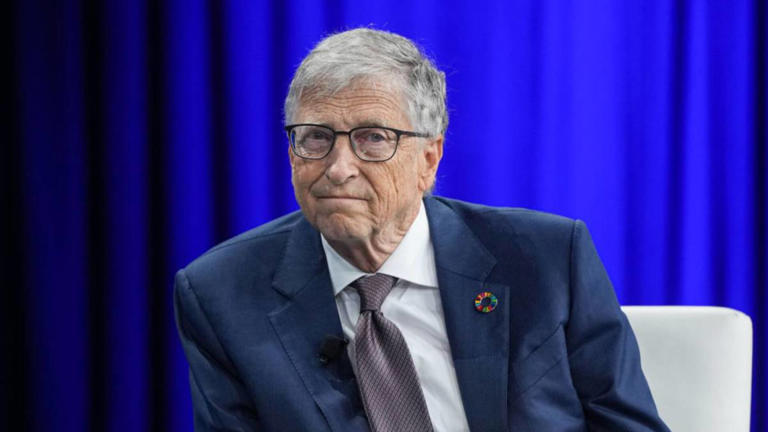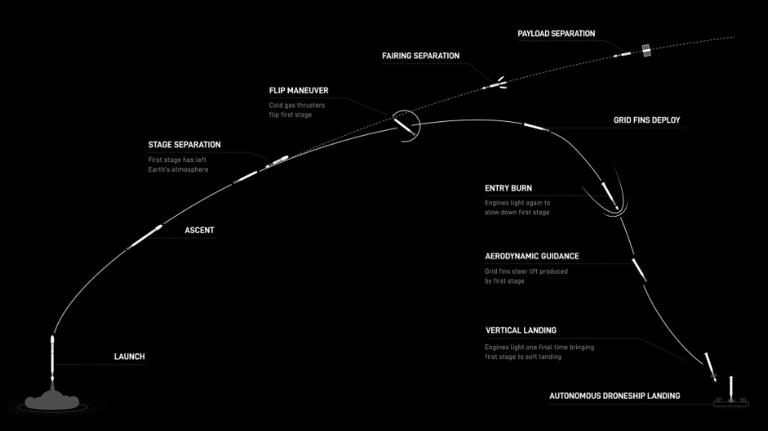
Findings regarding Pope Leo XIV’s familial roots appear to indicate that the pontiff’s great-grandfather was Maltese, the New York Times reports.
Elected and raised to the position of the head of the Catholic Church on Thursday in a two-day conclave, Pope Leo XIV, born Robert Francis Prevost in the city of Chicago in 1955, has a Maltese connection. Pope Leo XIV is the first pontiff to have been born in North America, marking a significant development in the history of the Catholic Church, with Pope Francis having been the first pontiff from South America.
In addition to being the first pope from North America, Pope Leo XIV is also the first Bishop of Rome to be from the Order of Saint Augustine, in which he held the position of prior general from 2001 to 2013. He also spent many years in Peru as a missionary, a country in which he holds dual citizenship along with the United States of America.
The New York Times reported that Jari Honora, a genealogist and historian from New Orleans, looked into the family history of the new pope by analysing historical documents, including census records, and found that his mother’s side of the family had a diverse history before moving to Chicago in the early 20th century.
It said that the pope’s maternal grandfather, Joseph Martinez, could have been born in Haiti, the Dominican Republic, or Louisiana, and then got married in New Orleans in the year 1887, with the couple then moving to Chicago and having a daughter named Mildred in 1912 who would go on to become Pope Leo XIV’s mother.
The New York Times continued that in a census from 1910, it is indicated that Joseph Martinez’s father, meaning the pope’s great-grandfather, was Maltese, and that his great-grandmother was Spanish.
With that in mind, it said that throughout the various documents analysed by the genealogist, there are “three different places of origin listed for the pope’s maternal grandfather”, those being Louisiana, Haiti, and the Dominican Republic. It added that the genealogist spoke of how it was not uncommon at the time for people to change their responses to record takers.












